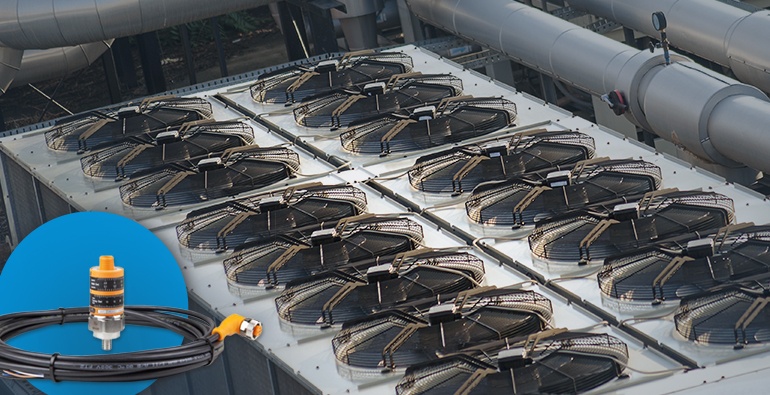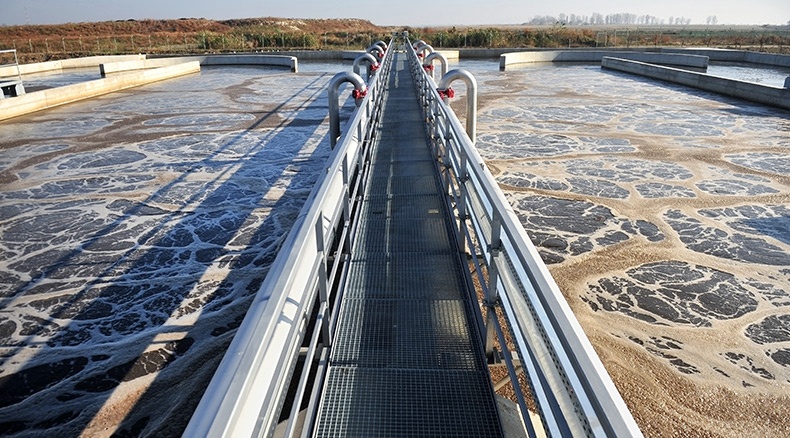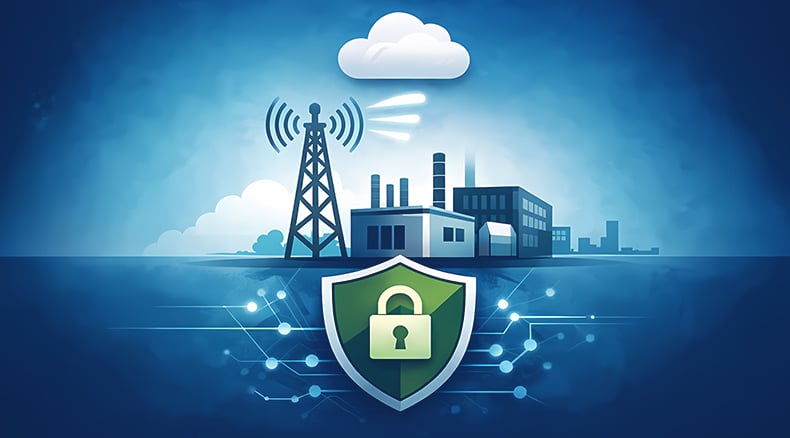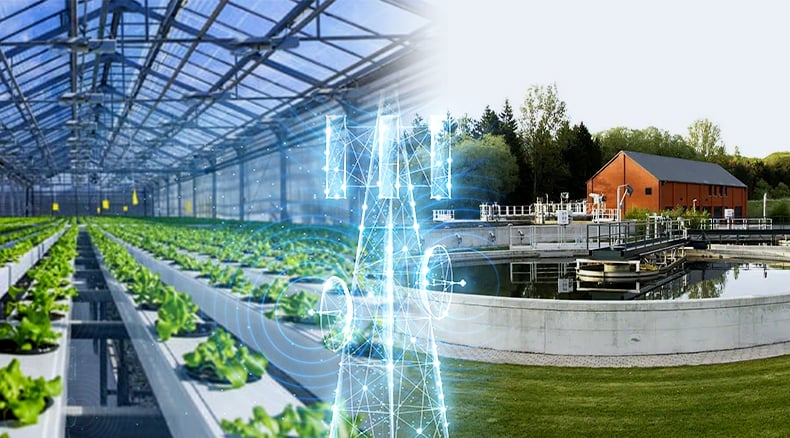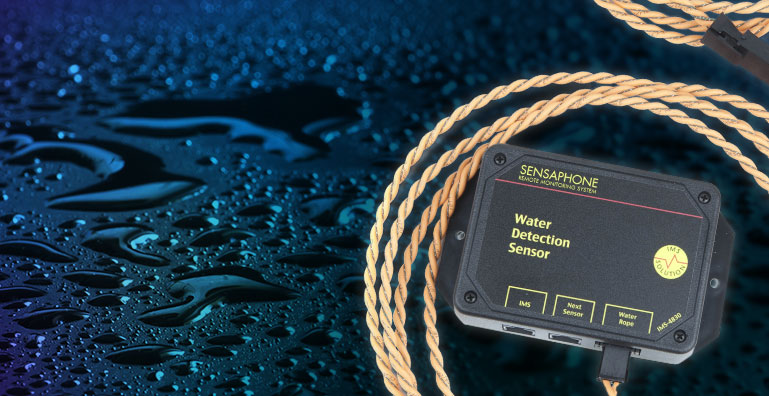
Damaging water can enter your data center from environmental events like floods, as well as from equipment failure, leaks and broken pipes. But it’s easier and less costly than you think to protect your server and IT equipment from water damage using water detection sensors. To monitor a surface for water leakage, simply connect an IMS-4000 water sensor and a water detection rope to a Sensaphone IMS-4000 monitoring system.

